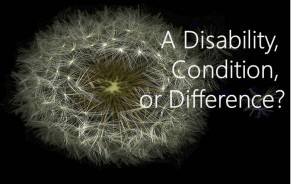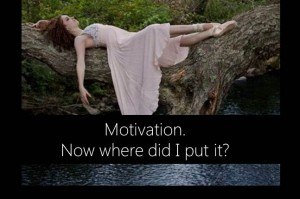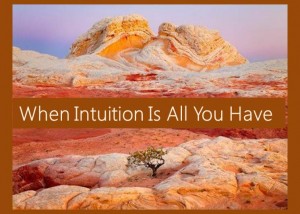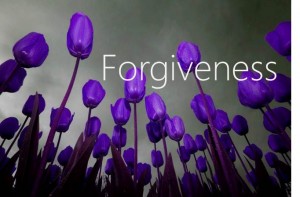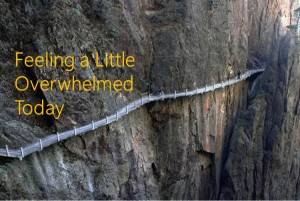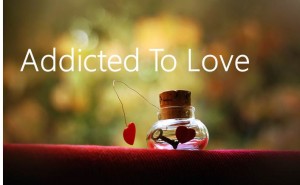When I begin anything I have this ideal in my head that I am going to  do it right, it will be perfect and I won’t make any mistakes. As I get started I get motivated by the vision I have in my mind of how I want it to be and get excited by the possibility of it all happening so perfectly.
do it right, it will be perfect and I won’t make any mistakes. As I get started I get motivated by the vision I have in my mind of how I want it to be and get excited by the possibility of it all happening so perfectly.
Then real life kicks in and seems to have other plans for me.
Whether it is this blog challenge I am doing this month, baking a cake or my resolutions and goals for the year, something always happens not too far in the process that shatters the dream of perfection. But what would I learn and how would I grow if it wasn’t for mistakes?
A couple of examples from history spring to mind here. Firstly Thomas Edison said, and I quote “Results? Why, man, I have gotten lots of results! If I find 10,000 ways something won’t work, I haven’t failed. I am not discouraged, because every wrong attempt discarded is often a step forward….” This was when he was asked how it felt like to have failed 10,000 times before he found a way to get the ‘electrical lightbulb’ idea he had to work.
Michael Jordan, the famous basketball player also said about mistakes: “I’ve missed more than 9000 shots in my career. I’ve lost almost 300 games. 26 times, I’ve been trusted to take the game winning shot and missed. I’ve failed over and over and over again in my life. And that is why I succeed.”
What I take from these examples is that it is actually imperative that you make mistakes in order to achieve. Yes, really. If we want success in anything we have to allow ourselves to fail along the way because without failure we cannot learn, grow and create something we have never done before.
Ok I know there are examples when you might have done something first time without a mistake and it was perfect. That does happen, however I would ask on those occasions what did you have to learn from previous experiences (whether related or not) in order for you to get to that point.
How many times have you given up because you made a mistake? I know I have many times thinking that ‘I can’t do this’ or ‘It wasn’t meant to be for me’. How much do we really want something if we can be completely derailed by a challenge?
Failure has such a bad name in our society today. It literally stifles people and even stops them from starting due to their fear of failure. When did we learn that failure was a bad thing? Who told us that to fail was wrong? Maybe it has something to do with our education when we learn early on that when we fail in something it gives us a bad feeling, so our natural human instinct is to avoid failing again in order to avoid that bad feeling. I guess we need to turn failing into a good feeling and we might get somewhere.
And when does success become failure? At what point does it turn from one to the other? Take this blog for instance. If you were to spot a spelling mistake or incorrect grammar (highly likely) would I have failed?
We all have so many different ‘learned responses’ about mistakes and failure that have been hard wired into us as we’ve grown up. I just wonder how many of those beliefs still serve us today.
Another Thomas Edison quote “Many of life’s failures are experienced by people who did not realize how close they were to success when they gave up”
I am proud to say that I make mistakes, I get things wrong and I am definitely and perfectly imperfect. And that’s how I like it.
With love and gratitude
Nadine.


